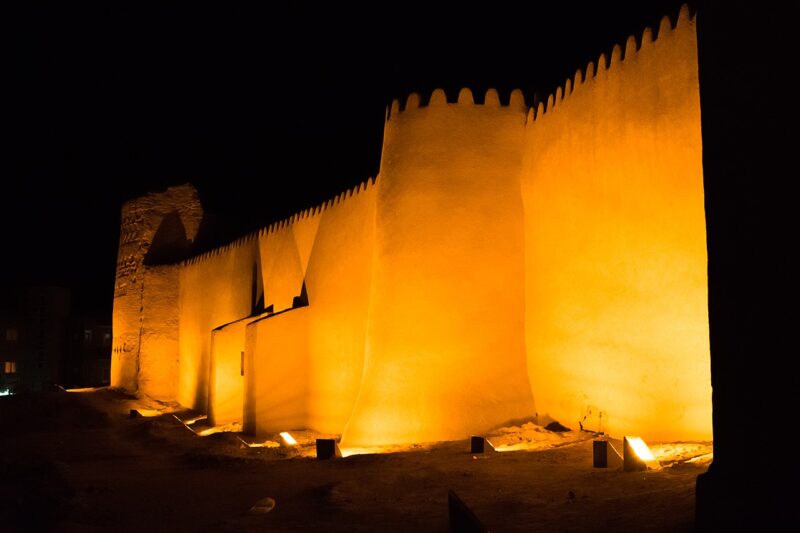Pomegranate Citadel: a strong fortress in the heart of the desert, a treasure of history and culture
Pomegranate Citadel, a strong fort in the heart of the desert, is like a shining jewel in the middle of the flowing sand. This magnificent building, which is more than 1500 years old, is the secret of many stories and epics of the ups and downs of Iran’s history.
Time travel:
By walking in the area of Pomegranate Citadel, it is as if you are traveling through time and returning to the glory of the Sassanid kings. The greatness of the tall and thick walls made of clay and mud, the high towers and ramparts where the guards guarded the castle, and the strong gates decorated with plasterwork and brickwork will remind you of the power and authority of Iranian kings and generals. during that time
Iranian architecture and art:
Pomegranate Citadel is an example of Iranian military architecture during the Sasanian era. High arches and lofty domes, as if they display masterpieces of art and elegance of Iranian architects. Brick and plaster decorations, Islamic and geometric patterns, and Quranic inscriptions have given this historical building a special beauty and elegance.
Different uses throughout history:
Pomegranate Citadel has had various uses throughout history. During the Sassanid era, this building was used as a military fortress to defend the city and the people against enemy attacks. During the Safavid era, Pomegranate Citadel was used as the seat of government and the residence of local rulers. During the Qajar era, this building was used as a grain and food storehouse as well as a place for soldiers.
Today:
Today, the Pomegranate Citadel is registered as a national monument and is under the supervision of the Cultural Heritage and Tourism Organization. The restoration and restoration of this historical building is underway and will be used as a museum and cultural center in the future.
Pomegranate Citadel




Join The Discussion